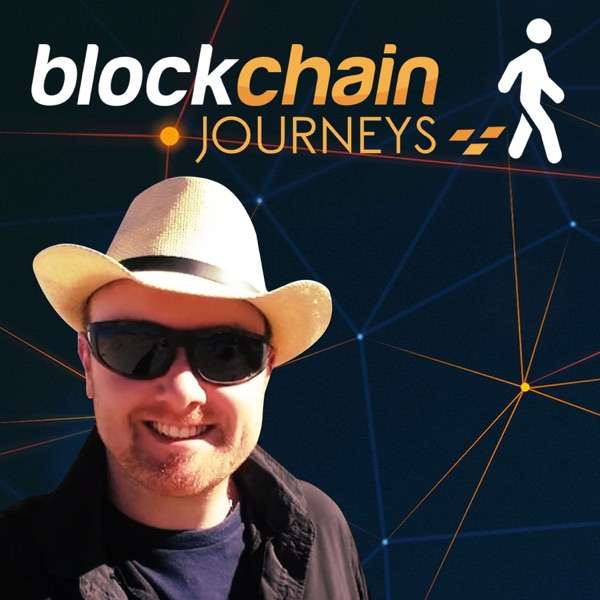What’s the difference between a Centralized Exchange (CEX) and a Decentralized Exchange (DEX)?
Welcome to the Cryptohunt Jam, where we spend one minute a day explaining crypto. In plain English.
By now, you’ll have heard this in every corner of the internet: Leaving your money on a so-called centralized exchange could end badly, and if everything were decentralized, the FTX collapse wouldn’t have happened.
But is that actually true? Let’s start by understanding the differences between both concepts.
Think of exchanges as places that let you buy and sell something. Like your farmers market for example - where demand and supply come together. If there are too many merchants with too many eggs, they’ll decrease prices to get rid of them. Too many people want to buy turkeys? Prices shoot up.
A crypto exchange is no different, just that it operates online, and deals with - obviously! - crypto. Traditionally, these exchanges are “centralized”, meaning they operate as the middleman between buyers and sellers. They keep a list of who wants to buy or sell crypto, and at what price. When there is a match, they make the transaction happen by taking money from the buyer, and crypto from the seller, and if all looks good, send each to the opposite party.
In order for that to happen though, they need access to your funds. This is important to understand: For that to happen, you need to deposit those in their account. The downside is obvious: Your money is not yours to control anymore.
A decentralized exchange replaces the company in the middle with computer code. Insiders call this a smart contract - an emotionless piece of software that does only one thing: trade crypto. And even more importantly, it doesn’t do anything else - so it can’t just decide to take your money for other reasons. This makes it unnecessary to have a middleman, which is why it is called a decentralized exchange.
Crypto proponents are fast to call out that your money is safe with those decentralized exchanges because you never entrust someone else with it in the first place. And to a certain extent, that’s true - when you control the keys to your fortune, nobody else can take it.
But programs are known for one nasty little thing: Bugs. And these smart contracts can have a ton. This is where most crypto hacks happen, actually. Say you are participating in a decentralized exchange, for example, to earn interest. While your money is with the smart contract, that contract could be hacked.
So now you know the difference between centralized and decentralized exchanges. As always, don’t just trust what people claim - the truth is usually somewhere in between and crypto is still just a baby.
We are grateful you are here to learn and will see you in tomorrow’s episode.
This podcast is produced by Cryptohunt.it, the easiest place to learn crypto. Copywriting is done by Arndt Voges, Social Media is done by Brett Holleman, design is done by Carmen Rincon, and my name is Christian Byza, Co-Founder of Cryptohunt and I am your host of this daily show.
Disclaimer: This podcast references our opinion and is for information purposes only. It is not intended to be investment advice. Do your own research and seek a duly licensed professional for investment advice.

 Our TOPPODCAST Picks
Our TOPPODCAST Picks  Stay Connected
Stay Connected







